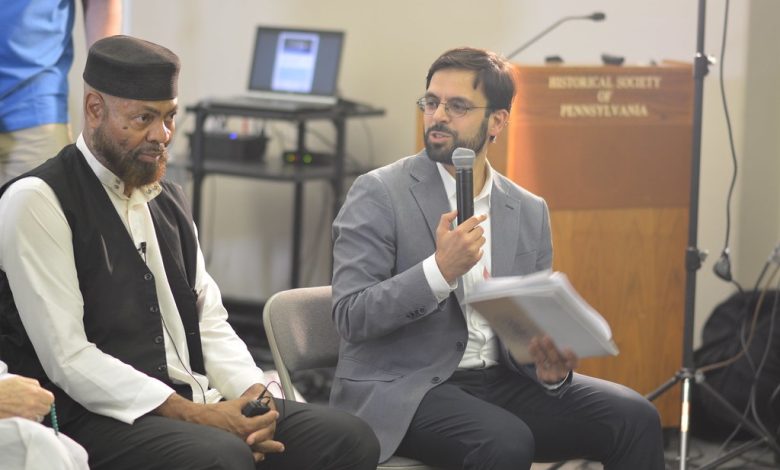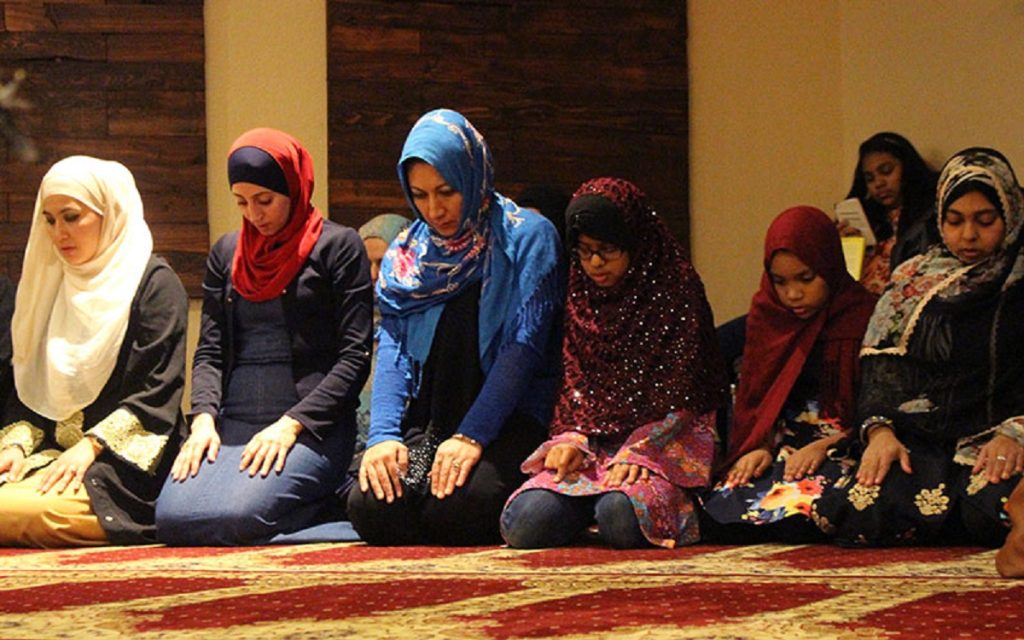Muslims in Pennsylvania: History, Community, and Cultural Impact
Exploring the growth, contributions, and challenges of Pennsylvania’s diverse Muslim population.

Pennsylvania is home to one of the most diverse and growing Muslim communities in the United States. From the urban centers of Philadelphia and Pittsburgh to smaller towns across the state, Muslims contribute to the cultural, social, and economic life of Pennsylvania in significant ways.
History and Growth
Muslims have been part of Pennsylvania’s fabric for decades, with early communities formed by African American converts during the 20th century and immigrants from the Middle East, South Asia, and Africa who came in search of better opportunities. Over the years, the community has expanded rapidly, with mosques, Islamic schools, and cultural centers established across the state.
Community and Institutions
Philadelphia in particular is often cited as having one of the largest Muslim populations in the United States. The city is home to more than 70 mosques, ranging from historic African American-led congregations to immigrant-founded institutions. The Islamic Society of Greater Philadelphia and other organizations provide religious services, education, and outreach programs.
Pittsburgh also hosts a vibrant Muslim community, centered around the Islamic Center of Pittsburgh and student-led organizations at universities such as Carnegie Mellon and the University of Pittsburgh. In smaller cities like Allentown, Harrisburg, and Erie, local mosques play a crucial role in community life.

Contributions and Challenges
Muslims in Pennsylvania are active in various fields, including medicine, education, business, and public service. Community leaders also emphasize civic engagement, with many Muslims participating in local politics, interfaith dialogues, and social justice initiatives.
At the same time, the community faces challenges such as Islamophobia, discrimination, and struggles over zoning for mosques and schools. Advocacy groups like CAIR-Philadelphia (Council on American-Islamic Relations) work to protect civil rights and promote better understanding of Islam across the state.
Cultural Impact
Muslim-owned businesses, halal restaurants, and cultural festivals enrich Pennsylvania’s cultural scene. From Middle Eastern and South Asian cuisine in Philadelphia to halal markets in Pittsburgh, Muslim traditions are woven into the everyday life of the state’s residents.
As the population continues to grow, Muslims in Pennsylvania are becoming an increasingly visible and influential part of the state’s identity, combining deep religious traditions with active participation in American civic life.



